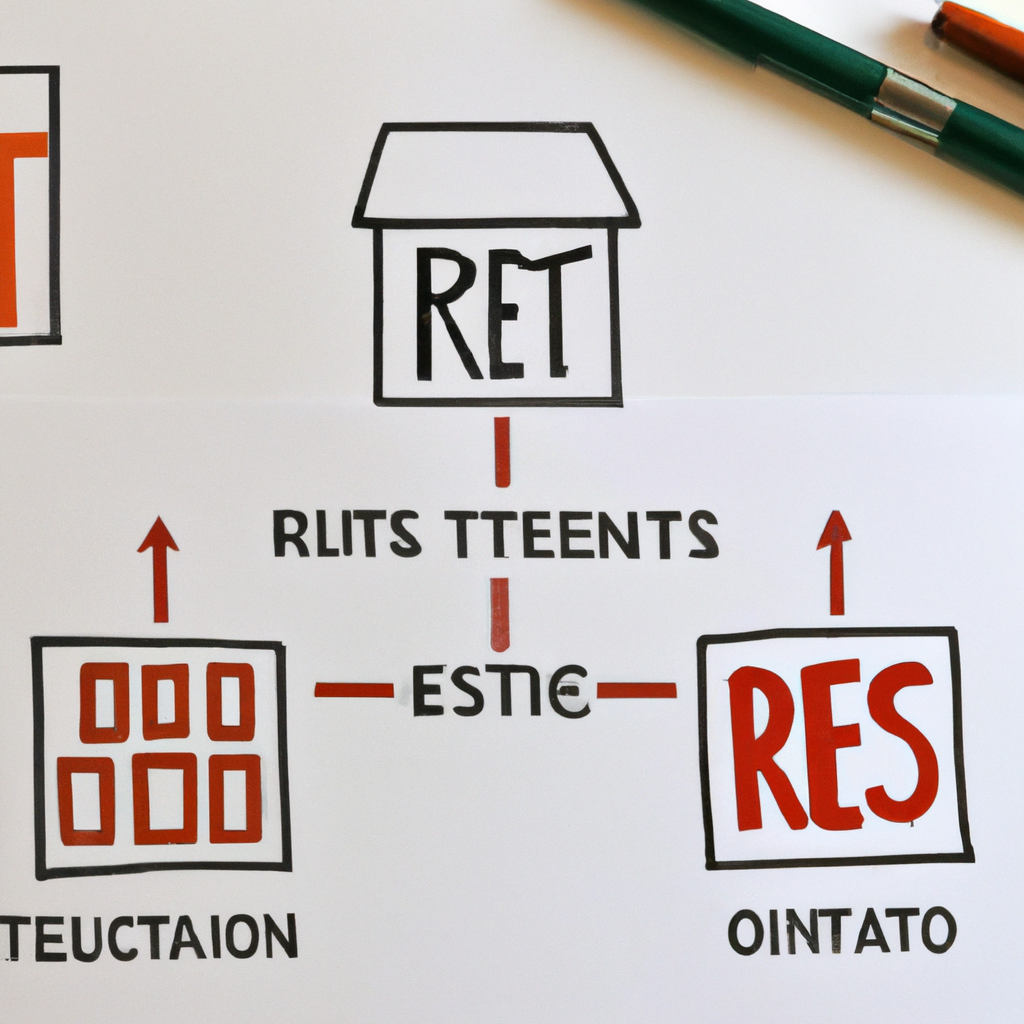Real Estate Investment Trusts (REITs) Explained
What are REITs?
A Real Estate Investment Trust (REIT) is a company that owns, operates, or finances income-producing real estate. REITs allow individuals to invest in large-scale, income-producing real estate without having to buy and manage properties themselves.
Types of REITs
Equity REITs
Equity REITs invest in and own properties that generate income, such as apartment buildings, shopping centers, office buildings, and hotels. They earn revenue primarily through leasing space and collecting rent on the properties they own.
Mortgage REITs
Mortgage REITs provide financing for income-producing real estate by purchasing or originating mortgages and mortgage-backed securities. They earn income from the interest on these investments.
Hybrid REITs
Hybrid REITs combine the investment strategies of both equity and mortgage REITs. They invest in both properties and mortgages, providing investors with a diversified portfolio.
How do REITs work?
REITs are required by law to distribute at least 90% of their taxable income to shareholders in the form of dividends. This makes them a popular choice for income-seeking investors looking for regular cash flow.
Benefits of Investing in REITs
Diversification
REITs provide investors with exposure to a diversified portfolio of real estate assets, reducing risk and increasing potential returns.
Liquidity
REITs are publicly traded on stock exchanges, providing investors with liquidity and the ability to easily buy and sell shares.
Income Potential
REITs offer attractive dividend yields, making them a popular choice for income-seeking investors.
Risks of Investing in REITs
Interest Rate Risk
REITs are sensitive to changes in interest rates, which can impact their borrowing costs and profitability.
Market Risk
REITs are subject to market fluctuations and economic conditions, which can affect property values and rental income.
Regulatory Risk
REITs are subject to regulations and tax laws that can impact their operations and profitability.
Conclusion
Real Estate Investment Trusts (REITs) offer investors the opportunity to invest in income-producing real estate without the hassle of property management. With their attractive dividend yields and potential for capital appreciation, REITs can be a valuable addition to a diversified investment portfolio.


